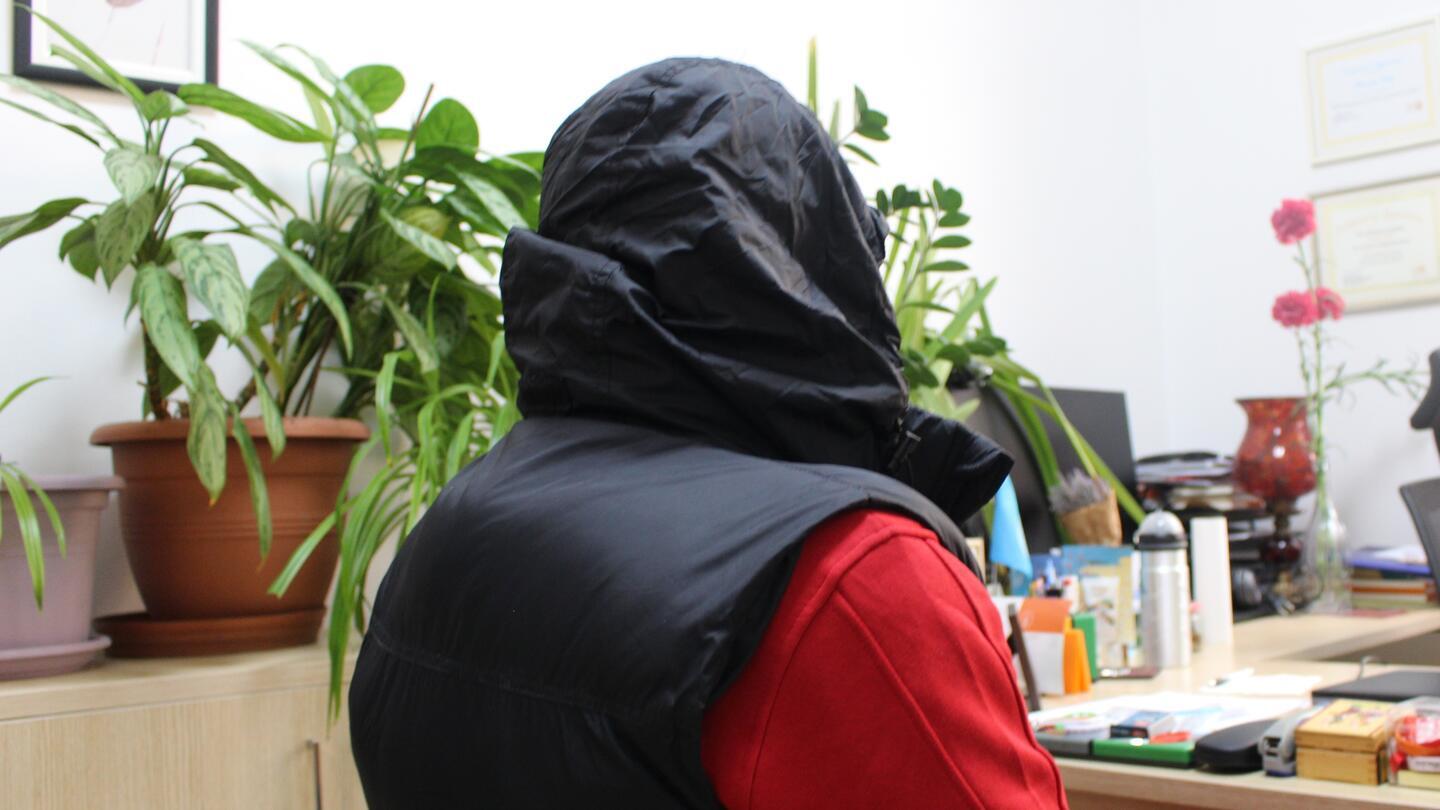“I am grateful to be alive.” This is how a young man, who has been living with the HIV virus since 2009, begins telling his story. He prefers to remain anonymous, so in this article, we will refer to him as “Andi.”
Born in the 1980s to a well-educated family, Andi never lacked love and care at home. However, the years of his childhood and adolescence were not the best for Albania. “We are the generation of ’97,” says Andi, recalling a time when Albania, recently emerged from an isolated communist regime, was confronted with unfamiliar phenomena—one of them being drugs.
Andi was one of the young people who could not escape this reality and became a drug user and addict. “I lived in a surreal world. I was used to experiencing every emotion while being high. I didn’t know what it was like to laugh or cry without beeing in the effect of drugs. I had lost all connection to reality,” he confesses.
Everything took an unexpected turn in 2009, a year he will never forget. Through a medical test, Andi learned he was infected with HIV virus. “Everything shattered in front of me. It felt like the whole world collapsed on my head. I blamed God… I kept asking why I was the one chosen to suffer this?” he recalls the moment the doctor informed him of the diagnosis. “I don’t know how I got infected. At the time, information was very scarce, and HIV was seen as a deadly virus carrying a ‘mark of shame,’ given that it is primarily transmitted through sexual relations or the sharing of used drug needles.”
Andi remembers having to force a smile, even though he was emotionally devastated, to prevent his family from noticing his distress and asking questions. “The first person I told was a close relative who was a doctor. He later informed my family. It was very difficult for them. At first, they saw me differently… but over time, they accepted reality and gave me their support.”
Andi has faced prejudice from relatives and, at times, even from healthcare professionals. The moments when he witnessed hesitation from medical staff to provide him with necessary treatment or when he heard family and friends say, “He deserves it; he was a drug addict,” were especially difficult for him. He could not cope with the stigma and prejudice that came with his illness and sought solace once again in drugs, causing himself even greater harm. “Drugs were my escape. I wanted to flee reality, and often, I didn’t want to live anymore. I attempted suicide several times. Life seemed meaningless. I had dreamed of building a family and having children…” he shares.
Despite the struggles, Andi also acknowledges the support he has received from certain healthcare professionals, close individuals in his life and by the Albanian Association of People Living with HIV/AIDS.
Although he has passed the most challenging phase, when asked what it is like to live with HIV, he admits it is difficult. “I haven’t had the courage to talk about my status with everyone. I am forced to wear a mask to avoid prejudice and stigma. There is a significant lack of information in Albania. Some people won’t even shake your hand out of fear of infection. To avoid such difficult situations, I choose not to tell my status to everyone.”
Now, more empowered with knowledge about HIV/AIDS prevention, transmission, and treatment, Andi has overcome the stigma-related challenges and emphasizes the importance of launching a broad awareness campaign in schools and beyond about high-risk behaviors among young people, sexually transmitted infections, HIV, and AIDS.
While the prevalence of HIV in Albania remains low, the infection is predominantly concentrated among men. In 95% of cases, transmission occurs through unprotected sexual intercourse, though other transmission routes should not be underestimated. Alarmingly, 40% of new cases are diagnosed at an advanced stage.
Dorina Tocaj, Program Analyst for Reproductive Health and Youth at UNFPA Albania, emphasizes that “prejudices, stigma, and discrimination hinder access to information and healthcare services, including prevention and treatment of HIV and other sexually transmitted infections, particularly for the most vulnerable and epidemiologically at-risk populations. Despite progress in the country, significant challenges remain, such as the lack of sustainable funding to continue programs like needle exchange and other initiatives focused on preventing the transmission of HIV, Hepatitis B, C, and Syphilis, especially among high-risk groups. UNFPA, in addition to its efforts in informing and raising awareness within communities, works to expand partnerships, consolidate legal frameworks, and strengthen healthcare policies, systems, and sexual and reproductive health services at every level of care.”
Andi now leads a calm and healthy life, following the proper treatment. He lives with his partner and eagerly awaits the fulfillment of his dream—to become a father. Andi has also made a valuable contribution by sharing messages that promote the importance of a healthy lifestyle, awareness, and health education for the younger generation, equal access to healthcare services, and the elimination of stigma and discrimination for anyone facing life’s challenges.


